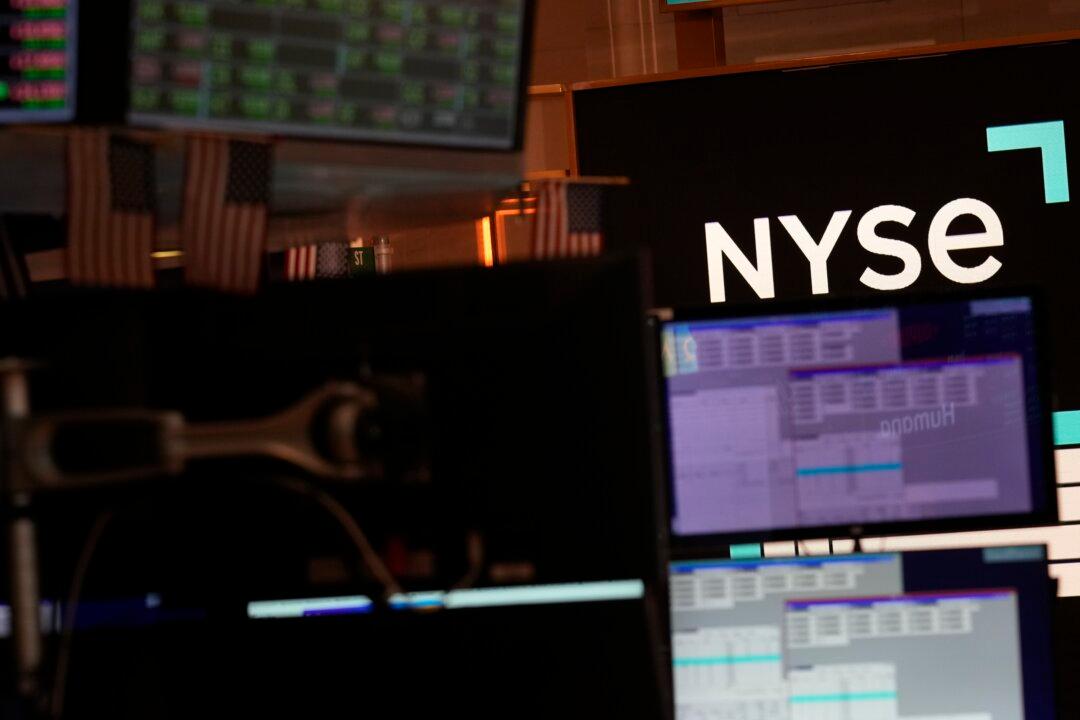NEW YORK—Wall Street rose Thursday after a blizzard of reports suggested the U.S. economy is still humming, though inflation may be too.
The S&P 500 climbed 0.8 percent for its best day in two weeks. The Dow Jones Industrial Average rallied 331 points, or 1 percent, and the Nasdaq composite added 0.8 percent.





